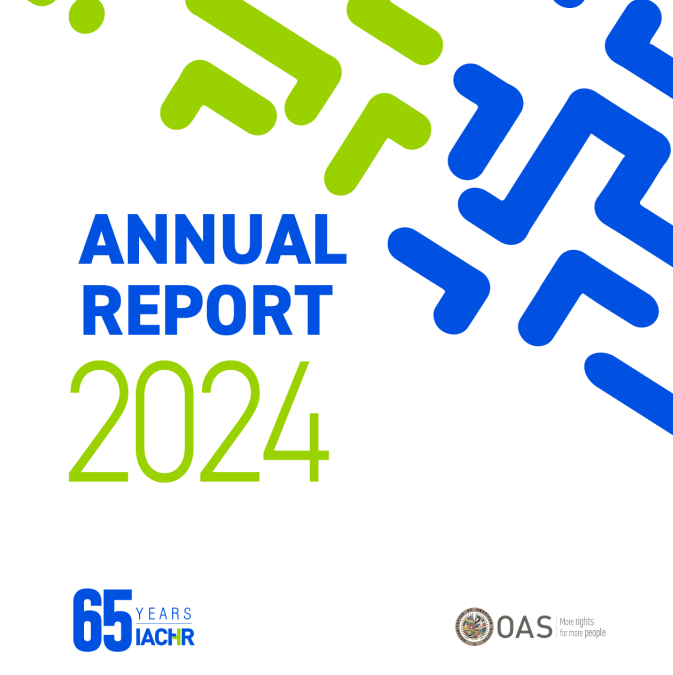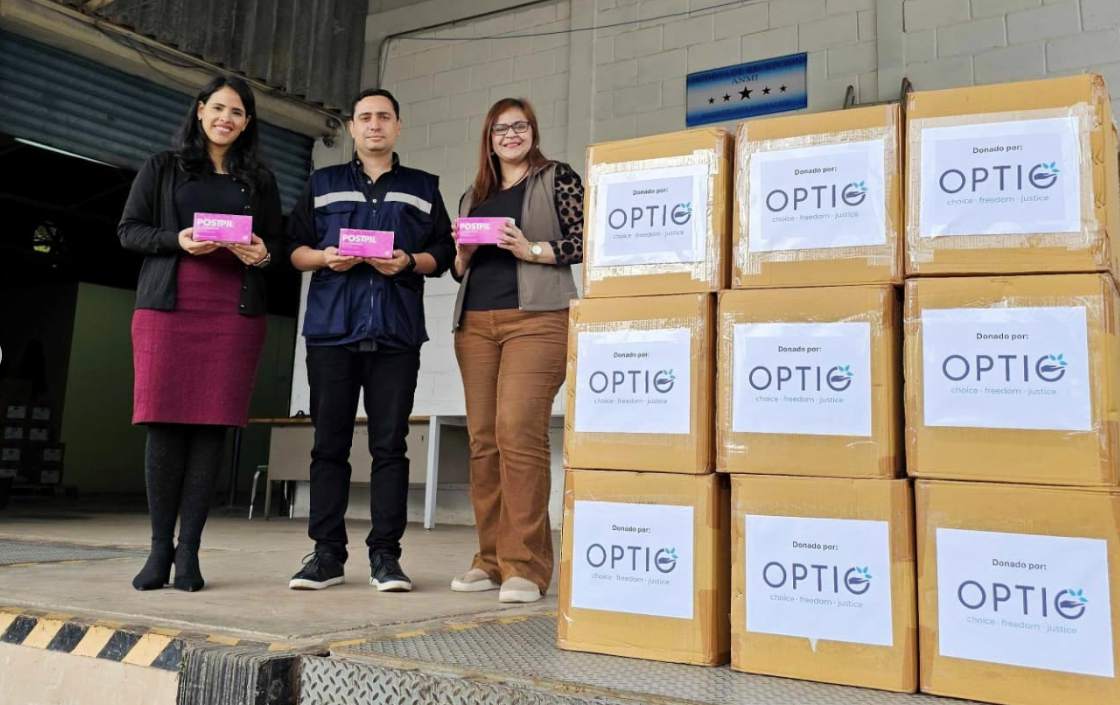Optio Provides Support to the Families of Women Who Died from Maternal Causes
Over the last decade, more than 900 women have died of maternal causes in Honduras. Optio’s Siempre Vivas campaign, which was launched in July 2020 and will continue through 2022, aims to support the families of these women and ensure that their deaths become more than statistics. Each of these women are someone’s mother, someone’s wife, someone’s daughter. It is our hope that by publicly recognizing each of these women, they will become a symbol for reproductive justice in Honduras, preventing more of these deaths from occurring.
“These women and girls were vulnerable because of their socioeconomic conditions and the unreliable health system in their villages and municipalities. Each of these women have other children, husbands, mothers and brothers who now suffer from their absence and whom the State has forgotten. Faced with this reality, we cannot stand idly by. We have to fight. ” – Clara López, Women’s Health Coordinator at Optio.
The Siempre Vivas initiative provides medical, legal and mental health care services to close relatives of women who have died from maternal related causes. Our team of doctors, lawyers, and psychologists have also been providing these families with food and socioeconomic support, services that were especially necessary after two category 4 hurricanes destroyed their houses and washed away many of their belongings in November 2020.
IACHR Report Highlights Urgent Sexual and Reproductive Rights Issues in Latin America
The Inter-American Commission on Human Rights’ latest Annual Report highlights key human rights trends and challenges across Latin America—two of which Optio is actively working to address: access to contraception and media harassment of women and girls accused of...
“Entre mis Cicatrices” Exhibition Highlights Plight of Honduran Women in Restrictive Legal Environment
On February 27, 2025, the Museum for National Identity (MIN) and Optio inaugurated the powerful photography exhibition “Entre mis Cicatrices” , shedding light on the resilience of Honduran women who have faced criminalization following obstetric emergencies. The...
Optio Donates Emergency Contraception to the Honduran Ministry of Health on International Human Rights Day
In commemoration of International Human Rights Day, Optio reaffirmed its commitment to advancing sexual and reproductive rights in Honduras by donating 10,000 tablets of Postpil (emergency contraception) to the Honduran Ministry of Health. The donation will be...



